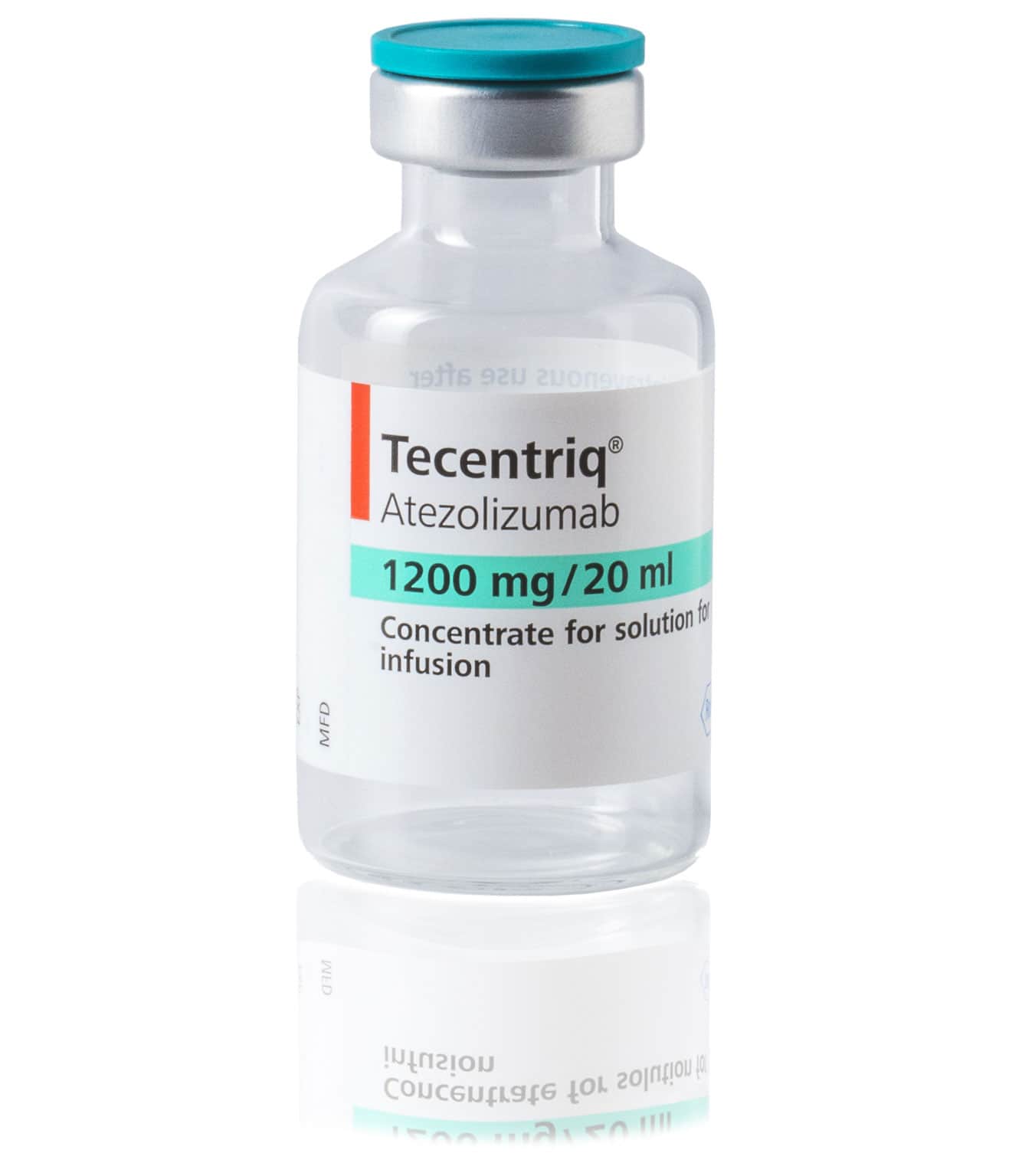
Tecentriq takes the lead in immunotherapy for breast cancer
Checkpoint inhibitor immunotherapy drugs have targeted other tumour types before turning to breast cancer, but now Roche’s Tecentriq looks set to be the first to file with regulators in combination with Abraxane for triple negative breast cancer.
An interim analysis of data from the phase 3 IMPower131 study in women with metastatic triple negative breast cancer has shown the combination significantly reduced the risk of disease worsening or death (progression free survival). The company said overall survival was encouraging in the PD-L1 positive population at this interim analysis, with follow-up to continue.
“Impassion130 is the first positive phase III immunotherapy study in triple negative breast cancer, an aggressive disease with limited treatment options, said Sandra Honing, Roche’s chief medical officer and head of global product development.
Honing said Roche would submit the data to regulators and looks to bring it to patients as quickly as possible. This would put it ahead of Merck & Co’s Keytruda, which is setting the pace in the immunotherapy field.
NICE says no to Ocrevus in primary progressive MS
On Friday NICE announced that it would not recommend Roche;s Ocrevus (ocrelizumab) for treating primary progressive multiple sclerosis (PPMS) in adults.
Ocrevus is the only drug approved for PPMS, but the high cost of the drug is proving to be an obstacle for NICE.
Its appraisal committee agreed that ocrelizumab is a ‘step change’ in treatment for PPMS, but said it had “not been presented with evidence of any additional benefits” not captured in the measurement of QALYs.
The cost effectiveness watchdog said trial data showed that Ocrevus can slow the worsening of disability in people with the condition, bu that the cost-effectiveness estimates compared with best supportive care are far higher than those normally considered an acceptable use of NHS resources.
NICE also published draft guidance earlier this month which recommended ocrelizumab for some adults with relapsing-remitting MS.
NHS budget increase isn’t enough, warns spending watchdog
Just days ahead of the NHS reaching its 70th birthday on 5 July, the head of the National Audit Office, the UK’s public spending watchdog has warned that the recently announced increase in spending isn’t enough.
The Prime Minister Theresa May announced recently that the government would increase NHS annual spending to £135bn by 2023-24, a £20bn increase on this year’s budget, and equivalent to an average annual increase of 3.4%.
However many experts have already warned that this increase won’t be enough to help transformation of the service, and is likely to get swallowed up by existing deficits in the system.

Sir Amyas Morse (pictured) said there was enough consenus across the political spectrum to create a long-term vision for health and social care in the 21st century.
“As we mark the 70th birthday, political leaders should be leading a debate about where we want this national asset to go and they should aim high,” the National Audit Office comptroller told the Guardian. “This is a topic where there is a lot of consensus out there. I would like politicians to be willing to think bigger.”
Morse says the budget increase won’t be enough to meet the needs of a rapidly ageing population.
“The funding increases we have heard about are very much welcome but are just in healthcare,” he said. “Nonetheless, nobody is pretending it is doing more than sustaining the current services.”
Read more in the Guardian: May’s extra cash for NHS is not enough, says spending watchdog




